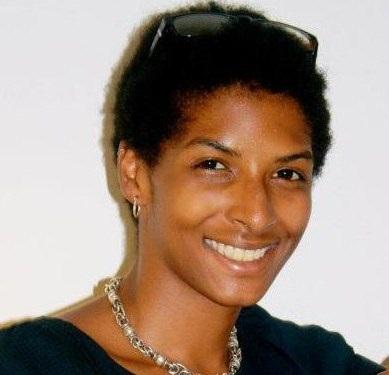
Malala Yousafzai was named after “Malala of Maiwand,” a fabled Pashtun poet and warrior woman: fitting for a child who began writing of her life under the Taliban for the BBC at the age of 11. In 2011, Malala was nominated for the International Children’s Peace Prize, and won Pakistan’s first National Youth Peace Prize. She worked tirelessly to improve girls’ access to education, and even had a secondary school named after her.
"They cannot stop me," Malala once said in an interview according to CBS news. "I will get my education, if it is in-home, school or any place. This is our request to the whole world that (they) save our schools, save our world, save our Pakistan."
Now, Malala is famous for surviving an assassination attempt by the Pakistani Taliban, which has pledged to attack her again if she does not succumb to her grievous injuries.
I had never heard of her until reports of the shooting appeared on my newsfeed.
Similarly, no one heard the name Tarek al-Tayeb Mohamed Bouazizi, until the young man set himself alight in front of his local government offices. He was denied access to justice, to the basic right to support himself and his family, and words were not enough. The actions of one young man sparked a revolution that burned across the Arab World last spring. Images of young people were plastered across international headlines, tales of twitter-based activism and the power of social media the number one story. The idea of powerful young people has been established. Sustained connections and conversations are the next step to ensure that the power of the unified voice can transform institutions as it has changed governments.
Speaking of governments, take this video for instance. Young people are the leaders of the future, and they are watching. We need cooperation from all four estates, from business and civil society, not only to empower our youth, but to be role models honoring the system that they will inherit.
Rising Innovators and changemakers can be found across the globe, instilling the rule of law into the best practices of economic and social activities across all industries. They are political scientists, like Evgeny Morozov, prolific writer and columnist who takes the position that social media and internet era technology will have an adverse effect on democratization processes, and actually prove more useful to authoritarian regimes than their opponents. They are student activists like Camila Vallejo, President of the University of Chile Student Federation, who lead a national campaign for better access to education beginning in April 2011. They are business women like World Economic Forum Young Global Leader Diana Verde Nieto, a social entrepreneur and sustainable creativity icon. They are 14 year old girls like Malala, who just want an education to fulfill dreams of being a doctor, or lawyer, or engineer: dreams of communities of opportunity and equity.
The World Justice Project is forming a nexus between the rule of law and everyday innovators across all industries, and we need your help. It is not enough to promote the work of high profile development stars when it is the young men and women at the grassroots level who often find themselves in the crosshairs, or knowingly place themselves there, trying to change their corners of the world. Young people are not just cogs in the machine of change. We want to know who you are, and we would like to feature Innovators like you who are tirelessly striving to strengthen the rule of law for the development of opportunity and equity. Like myself, we all have our own voices, our own vision, and we need to talk to each other, those who came before us, and those following in our footsteps.







